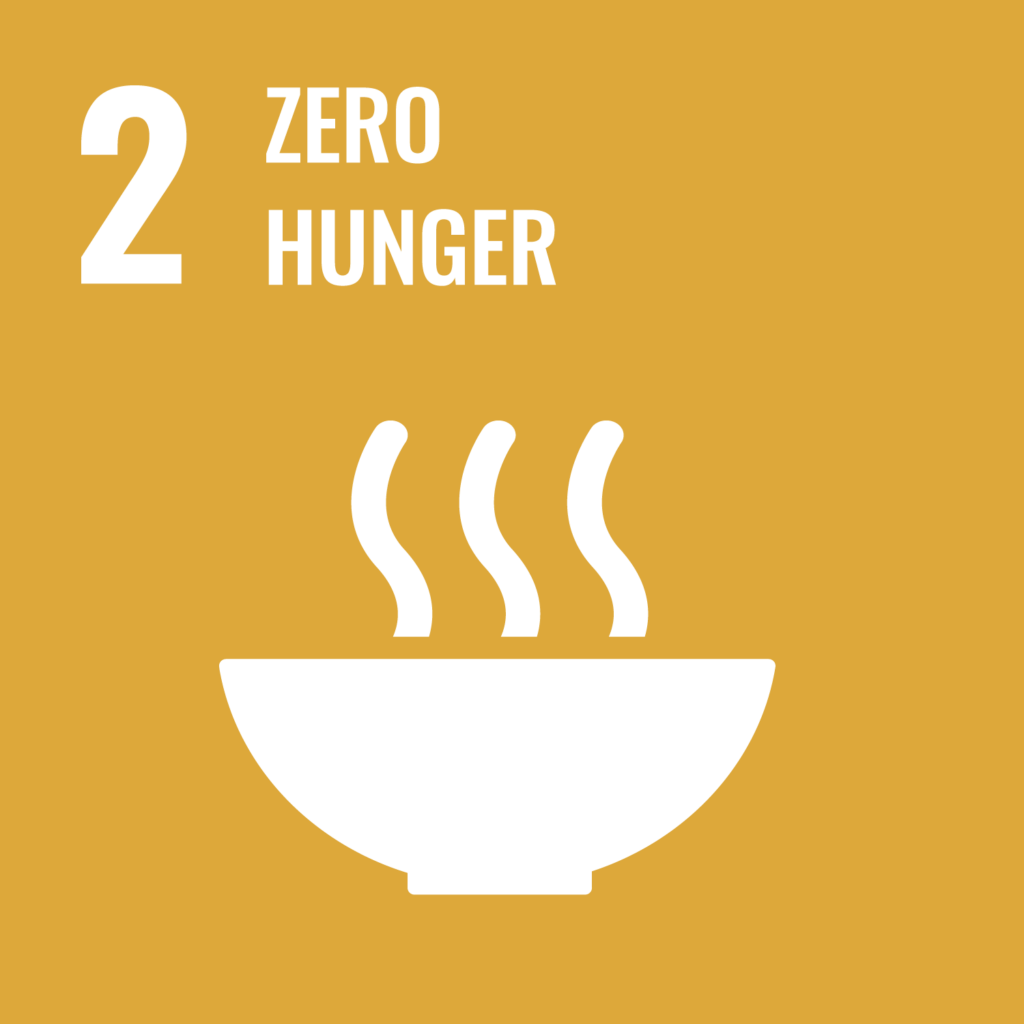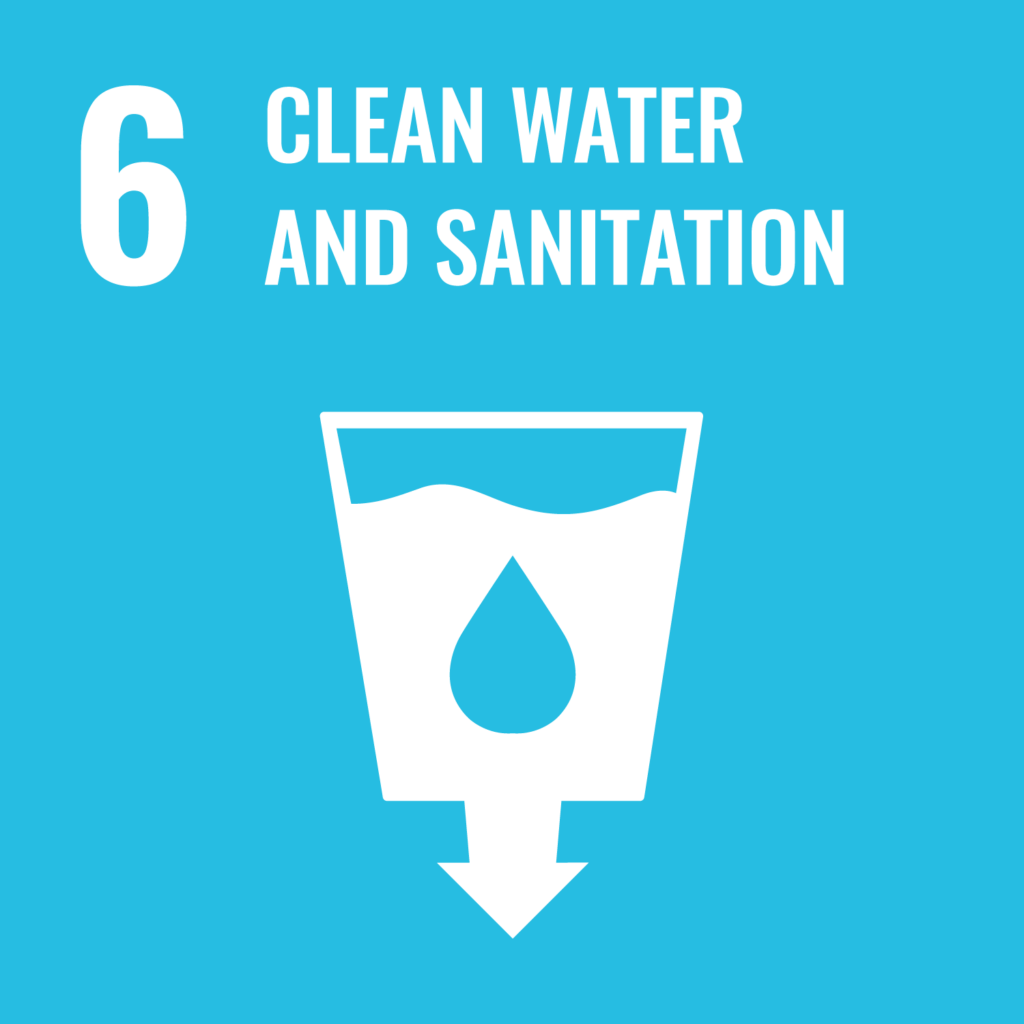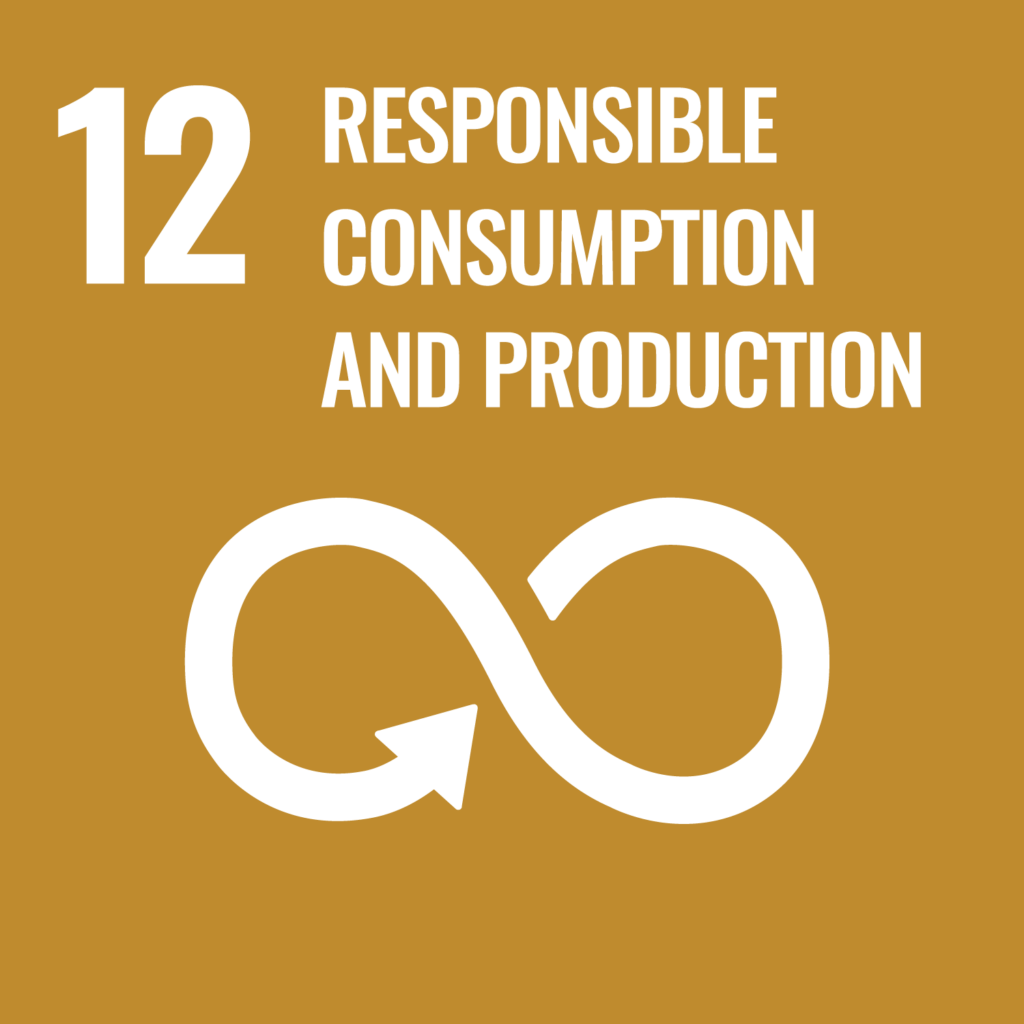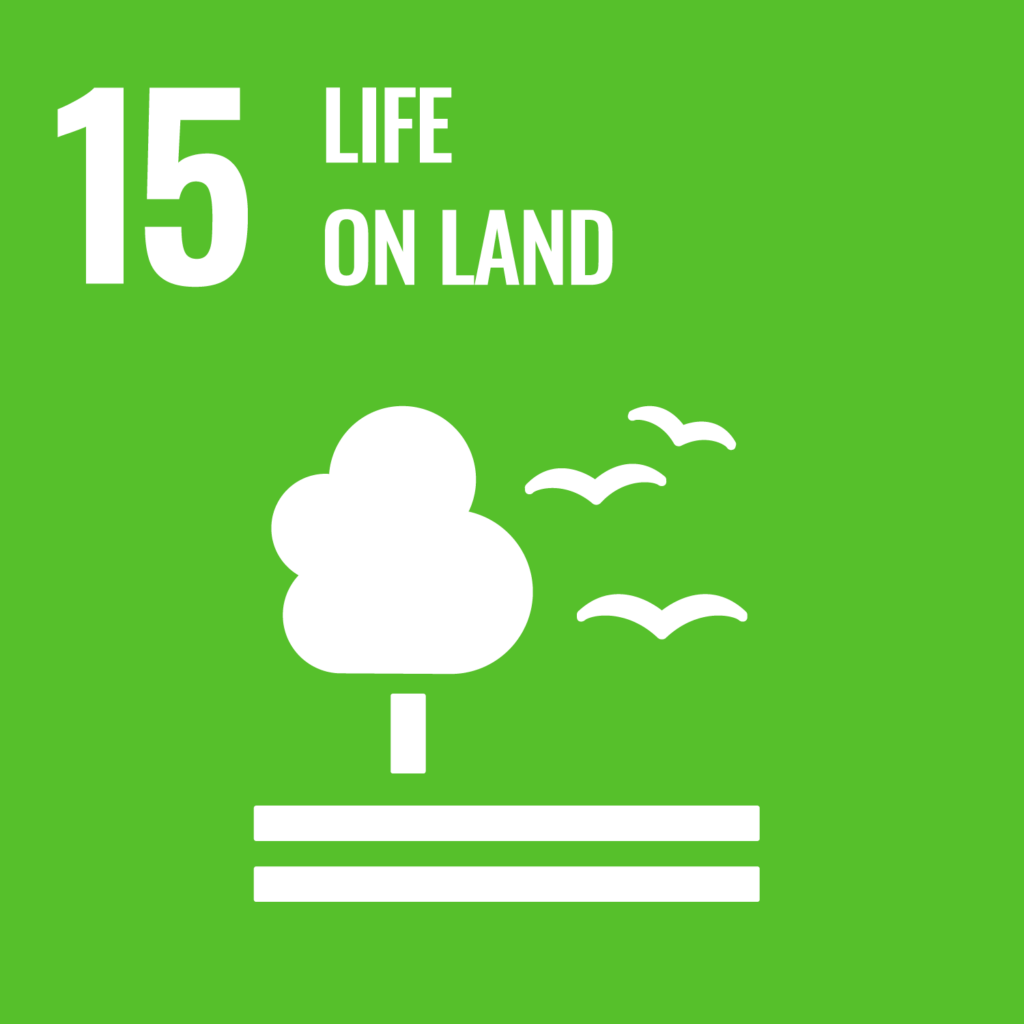Home – Carbon Projects – AgriCarbon – our Flagship Carbon Farming Programme
AgriCarbon – our Flagship Carbon Farming Programme

Home – Carbon Projects – AgriCarbon – our Flagship Carbon Farming Programme

AgriCarbon is the first carbon farming programme in Africa to achieve registration and carbon credit issuance under Verra’s VM0042 Agricultural Land Management methodology.
It is designed to assist and reward farmers for generating high-quality carbon credits through sustainable land management practices. It originally launched in South Africa in 2021 and subsequently expanded to Argentina, Chile and Paraguay.
It provides verified removal carbon credits at scale, empowering farmers with the financial resources needed to transition to regenerative agriculture. These funds help offset short-term yield fluctuations and invest in advanced farming equipment and technology.
By adopting techniques such as rotational grazing, cover cropping, and reduced tillage, farmers improve soil health while enhancing their profitability. AgriCarbon quantifies the increase in soil organic carbon and reduction in greenhouse gas emissions, converting these improvements into premium-quality carbon credits.


Carbon removals from regenerative agriculture play a vital role in achieving Science-Based Targets and Net Zero goals. By incorporating these removals into emission reduction strategies, companies and nations demonstrate a tangible commitment to combating climate change responsibly.
Healthy soil is the foundation of a sustainable planet—agriculture holds the key to solving the climate crisis.
The programme goes beyond Verra methodology requirements, prioritising additionality, permanence, and risk mitigation. With a foundation of scientific integrity, AgriCarbon employs robust soil sampling and measurement protocols to maintain the highest quality standards in carbon credit generation.
Strong partnerships with agricultural consultancies, research organisations, and monitoring service providers support AgriCarbon’s mission. These collaborations enhance farmer sustainability efforts, improve yields, and reduce input costs.
AgriCarbon delivers added value to both service providers and farmers, transforming farm data into additional income streams while offering financial benefits to service partners. Farmers and service providers also gain access to agronomic insights, data analytics, and carbon market expertise to enhance their sustainability strategies.



To learn more about AgriCarbon please visit agricarbon.co.za or contact us.






Discover our Carbon Project Development Expertise and explore our Existing Carbon Projects.